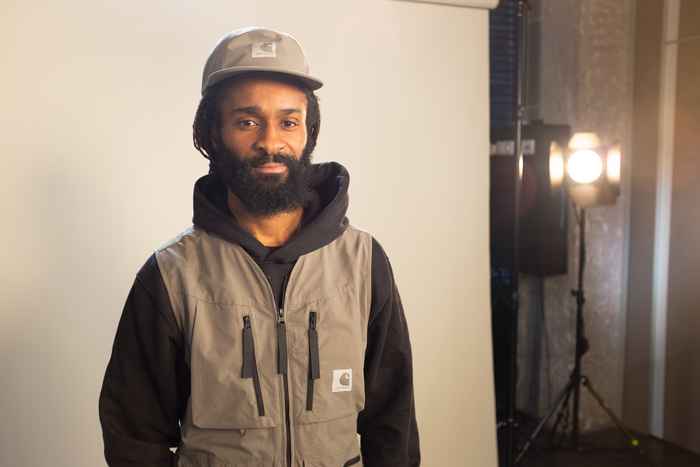IIS Elective 'Afro-Nederlandse studies': Three questions to founder and lecturer Zawdie Sandvliet
22 December 2021

For which students is this course intended?
"For everyone who, over a year after the start of the Black Lives Matter movement, wants to be able to take and proclaim positions in the debate. For example, about compensations - whether you are for or against this, by taking the course you will be able to have more substantive conversations about these themes. The course is suitable for students who want to improve their research and presentation skills or have attitude goals, and are interested in the perspectives and experiences of Black people in the Netherlands and the west, both in history and present-day."
What makes the course 'decolonial'?
"You can also see it as a social justice course: I want students to be aware of the impact on society that they can make. Writing is a very western way of assessment. Afro-Nederlandse studies can therefore not be completed with a written test as assessment alone. Students work on a podcast episode on one of the topics discussed, such as psychology or institutional racism, with the help of peer coaches, former participants of the course. Instead of keeping their final assignment within the walls of the university, the idea is that they make their findings accessible to high school students who are in 5 havo or 4 vmbo, so that they can, for example, adapt their book report or school research project. Share the outcomes of your courses with a broad audience, let the knowledge flow into society."
How is the course structured?
"With my background as a high school teacher, I find it important that students actively work on hands-on assignments during the seminars and other moments of interaction, instead of simply listening to lectures. They will learn about theoretical concepts, analyse literature and review and learn to understand policy documents. There are also several excursions on the agenda, such as a visit to the Black Archives and the Zeeuws Archief to view documents on the transatlantic slave trade, and students write analyses and reflections. In addition, they work with a diary. Students go through a personal development process and can reflect in their diary every week on what they have read and learned, and how that affects them. What do I need to dive deeper into? With whom should I have a meaningful conversation?"
Do you want to gain in-depth knowledge about the experiences of Black thinkers and writers in the past and present? And do you want to be able to use what you learn to make an impact on society, by letting that knowledge flow into the world? Then make sure to enrol now. Afro-Nederlandse studies will start in February 2022. Please note, this course is taught in Dutch. For more information about this course, see the IIS website.